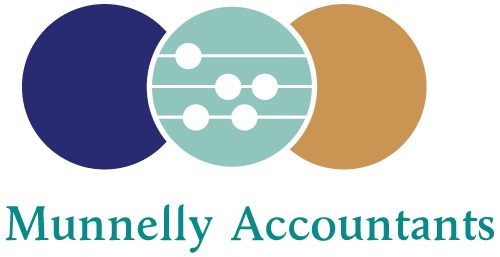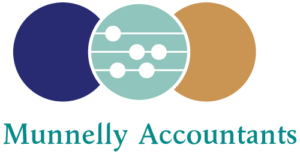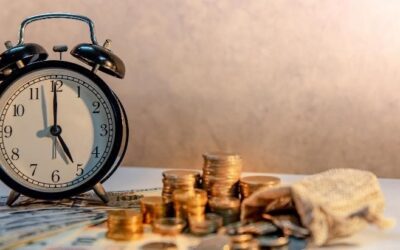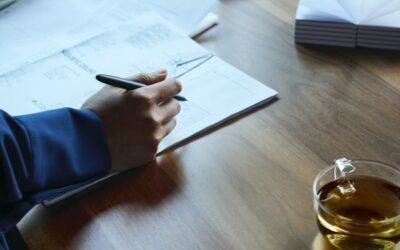It’s easy to feel a bit over-whelmed if you’re bombarded with unfamiliar accountancy terms. In most cases the concepts behind the words are simple enough and just need to be explained in plain English. When dealing with our clients we always make sure to avoid any jargon and break things down in plain English.
The most common terms that you’ll hear if you’re a sole trader or a company director, are profit and loss and balance sheet. These are basically just reports telling you how well your business has done during the year, and also what it owns, owes and its value.
A profit and loss account simply details your sales, purchases and any other expenses for the year. Subtracting your purchases and expenses from your sales gives you your net profit or loss. So in basic terms it shows if your business has made money or lost money. The purpose of a balance sheet is to show your business’ worth, and it shows everything that it owns as well as everything that it owes.
Some of the items that appear on the profit and loss and balance sheet may sound more complex than they are, for example assets. An asset is something that your business owns. There are two types of assets, fixed and current. A fixed asset is something that you own that cannot be easily converted into cash e.g. property, vehicles, machinery etc. A current asset would be something that can be converted to cash quite quickly e.g. the stock that you hold, the people who owe you money, and of course the cash in your bank account.
Liabilities on the other hand are the things that you owe. These would be split between debts owed over a long period such as a bank loan, and those owed over a shorter period such as supplier debts and tax bills. Generally if your current assets are twice the amount of your short term debts then your business would be considered to be healthy, as it would be an indication that you are able to pay your debts as they fall due.
A word that often causes confusion is depreciation. Depreciation is not a real cost to a business even though it appears in the profit and loss account. When you buy a fixed asset it would normally be assumed that you would hold it for a number of years and would therefore benefit from its use over these years. In the same way you would want to recognise its cost over the same number of years rather than just in the year that you purchased it. If for example the asset has a useful life of 5 years, depreciation would simply be one fifth of its cost being recognised each year over a 5 year period.
At Munnelly Accountants we appreciate that our clients want to understand their accounts. We work closely with our clients in Carlow, Kilkenny and surrounding areas to ensure that they fully understand their business figures.




